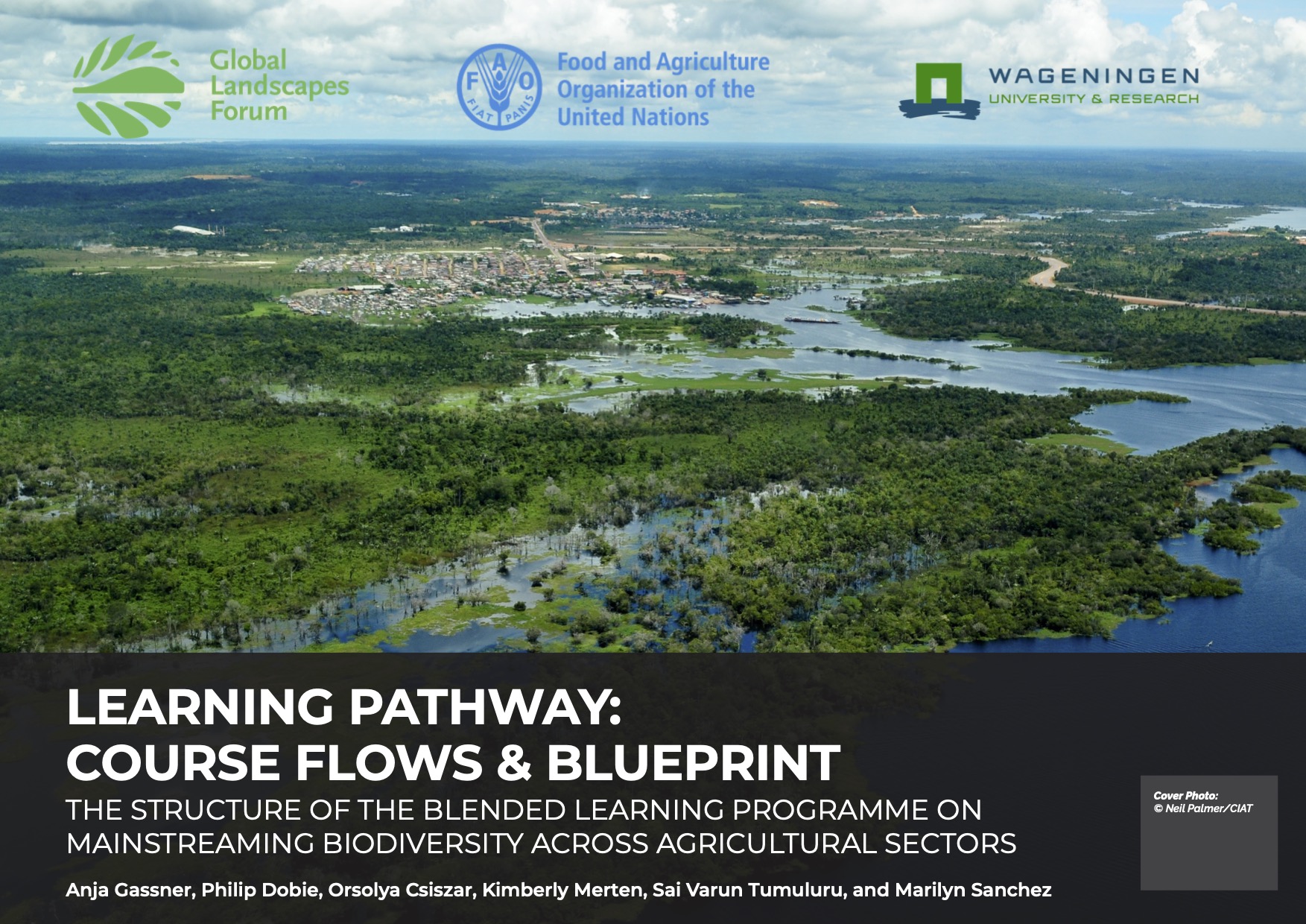From 2011-2015, the Center for International Forestry Research (CIFOR) trained field teams in Nicaragua in Adaptive Collaborative Management (ACM) methods. ACM is a social learning-based approach to help forest communities manage their natural resources in a more equitable and sustainable way and respond to change. This paper presents the lessons-learned from the training and field work. It argues that understanding and building social learning processes among the ACM team members and facilitators are crucial components of the ACM methodology and necessary in order to recognize and address the complex nature of socio-ecological relationships. In particular, promoting women's participation in forest decision-making in their own rural communities requires not only a consideration of gender relations but also of the gender perspectives of each member of the field team.
Download:
DOI:
https://doi.org/10.1505/146554820829403504
Altmetric score:
Dimensions Citation Count:

























